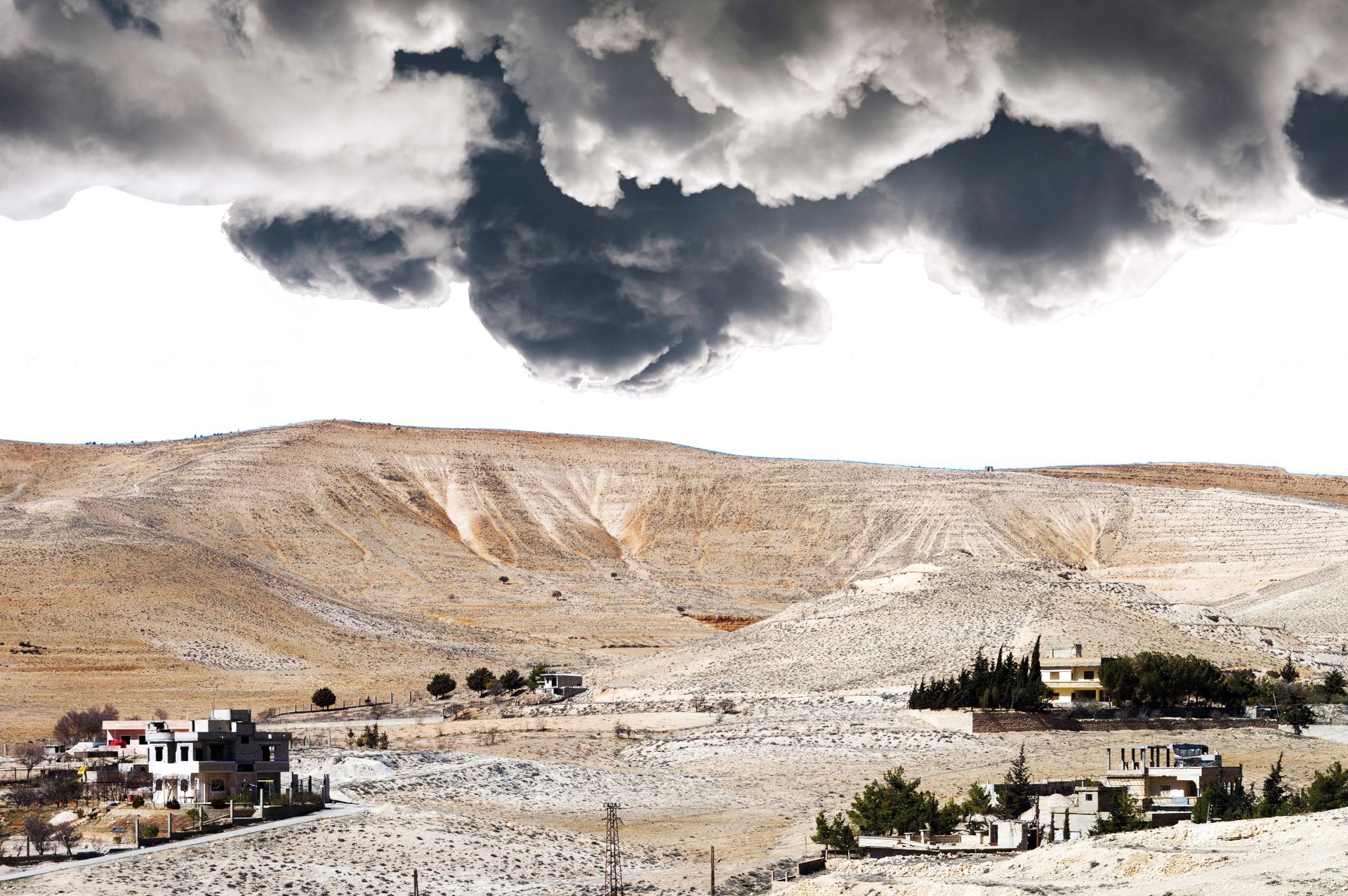Listen to this story
My father, Ibrahim al-Haj Saleh, was a man of faith. As a child, he had attended a traditional Islamic elementary school, known as a “kuttab,” where he learned to read and write. I witnessed him pray and fast during the holy month of Ramadan his whole life.
My mother, Ajaja al-Husayn, who was uneducated, also fasted every Ramadan and prayed occasionally. She died in 1990, while three of her children were in prison. My father, who later remarried, made the pilgrimage to Mecca some time in the mid-1990s. Yet, to the day he died as an octogenarian in 2011, he remained the same man I had known since earliest childhood, when he was in his late 30s: cleanshaven at all times but for a light mustache, moderate in behavior and religiosity, loath to stay anywhere outside his house for long. (My brothers claim I have inherited this last quality from him.)
It was at my father’s hands that I memorized the opening verse of the Quran, known as “al-Fatiha,” when I was about 5 years old. I remember I used to mistakenly jump straight from “In the Name of God, the Most Compassionate, the Most Merciful” to “Master of the Day of Judgment,” due to the repetition of “the Most Compassionate, the Most Merciful” in the third line of this short verse. Create a free account to continue reading Already a New Lines member? Log in here Create an account to access exclusive content.



